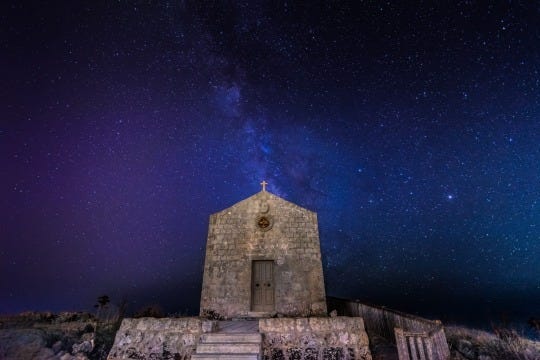
When I was on staff with a large college ministry we spent a lot of talking about how to help college guys become men. We did men’s retreats every year. There was a very specific model that we thought these men had to fit in; tough, rugged, and macho.
We also spent a lot of time trying to teach college girls to be women. This focused a lot on their outward appearance teaching them to dress modestly so they didn’t cause the “men” to “stumble.”
Summer mission trips had female dress codes. No bikinis. No tankinis. No “cheek leak” in your one piece. No spaghetti straps. No “shorts that were too short.” No. No. No. No.
I’m now the father of a teenage son and a teenage daughter. My perspective has radically changed as my wife and I are trying to raise a good man and a good woman.
As I look back at that time with college students I need to ask these women forgiveness. I shamed you. I didn’t mean to, but I did. I put a burden on you that was not yours to bear. As I spoke at retreats and in small groups, I made it seem like you were responsible for the holiness of the men around you. You are not. How you dress does not determine the way a guy looks at you, he does. He is the one who chooses to objectify and drool over you. I’m sorry, deeply sorry for creating an environment where you experienced shame and guilt. I’m sorry that we communicated to you that men are animals and can’t learn to control their urges. I’m sorry that we made you feel like some sort of a temptress simply because you are a woman. I was wrong. I see that now. Please forgive me.
We are subtly and (at times) overtly teaching boys that men are not to be held responsible for their urges. We have created this environment that says, boys and men are animals. They can’t control themselves. “Boys will be boys.” I’m so disgusted by this. I am not an animal. My son is not an animal. He can make choices and decisions not to be lewd, disgusting, and lecherous. The girls at his school are not responsible for what goes through his mind or the minds of his friends. We work hard to teach him that to be a man is to honor and respect women. Can he and his friends appreciate beauty in a woman without being a lust crazed maniac? Yes. Boys can learn to control themselves.
There is a culture of rape in our society. This is born out of the perspective that women are somehow responsible for what men do. It’s wrong. Boys and men are responsible for themselves and their actions.
We tell girls and women to be comfortable with their bodies out of one side of our mouth. Then out of the other we say don’t be too comfortable. If you dress that way you’re slutty. If you wear that boys may think you want them to have sex with you. If something bad happens to you, “you brought it on yourself.”
I want my daughter to know that she is not simply her body. I want to her to know that she can wear a sundress or leggings and is not a distraction to some animalistic male. She needs to know that if a guy objectifies it’s not her fault, it’s his, regardless of what she was wearing.
We need to raise the level of expectations for our sons. I want my son to be a man. This means that he takes responsibility for himself. It means that he owns his thoughts and actions. It means that he doesn’t shift blame to anyone.
Let’s teach them to be men.
Originally published at danielmrose.com.












